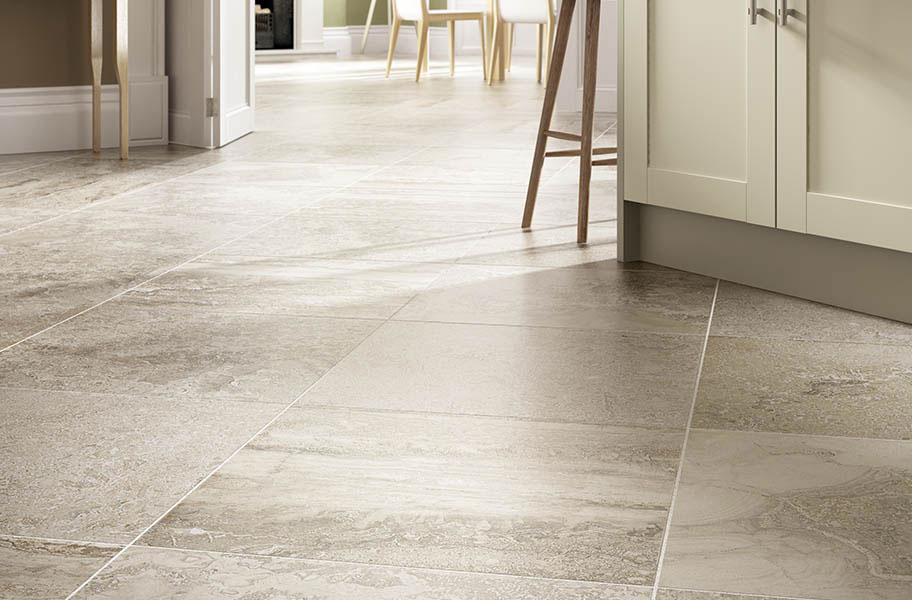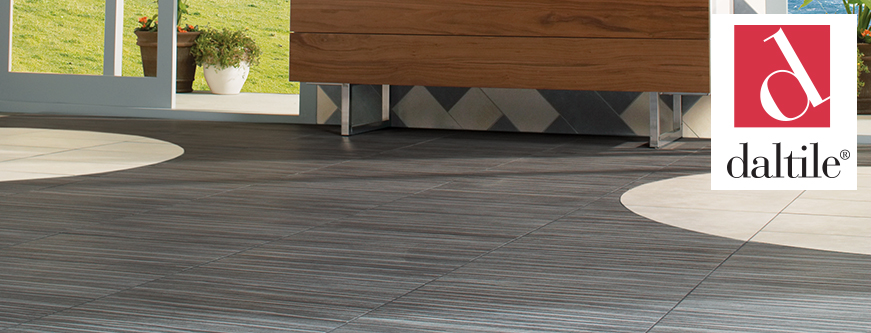
Durability depends on the hardness and the variety of the natural stone.

While a tile floor is cold to the touch, it is capable of storing heat, and then slowly releasing it back into the living area when needed.īe mindful of fluctuating temperature induced stress, caused by opposing forces in the natural stone and substrate. Like floor tile, natural stone can be used in combination with radiant floor heating. Provided of course this is technically feasible, since the floor height will be altered by doing so. When renovating, it is entirely possible to instal tiles on top of an existing hardwood- or tile floor. Once installed, cement – and adhesive residue should be carefully removed before the floor can dry out, and a possible protective coating is applied. The tiling surface should always be dry and clean. Bonding is also an option, provided the tiles show uniform thickness. Natural stone is usually installed using a special mortar.

This joint will absorb the energy released by movement of the material, thus prohibiting cracks. For example, compared to a patio, a driveway will require a more substantial foundation, Some natural stone and/or large surface applications require the installation of an expansion joint. The installation of natural stone is always determined by its designated use. In those instances where a furniture set will ultimately be adorning a natural stone patio, one should be mindful of resistance to abrasion. When used in proximity to a pool this can result in extremely dangerous conditions. Some natural stone varieties can be (depending on their finish) slippery when wet. The potentially slippery character of stone is also to be contemplated, when considering it for use in the garden. Gorgeous natural stone patio tiles, exhibiting cracks at the first sign of frost, is something to be avoided, There are also natural stones which can be affected by UV-rays, causing them to lose their luster and colour as time goes by. Sensitivity to freezing temperatures is key.

Unlike natural stone tiles for indoor use, patio tiles must be able to withstand various weather conditions.

Qualities such as durability, slip- and heat resistance, being scratch- and stain repellent, will further determine its appropriate use. It’s of crucial importance to choose the correct stone in a bathroom, kitchen, or in the vicinity of a fireplace. Durability, scratch- and/or stain resistance is further determined by finish. Each stone sports its own special code, indicating under which conditions and in what rooms it should be used. Each kind is therefore destined for very specific usage. Some varieties of natural stone are, despite their hardness, rather susceptible to scratching.


 0 kommentar(er)
0 kommentar(er)
